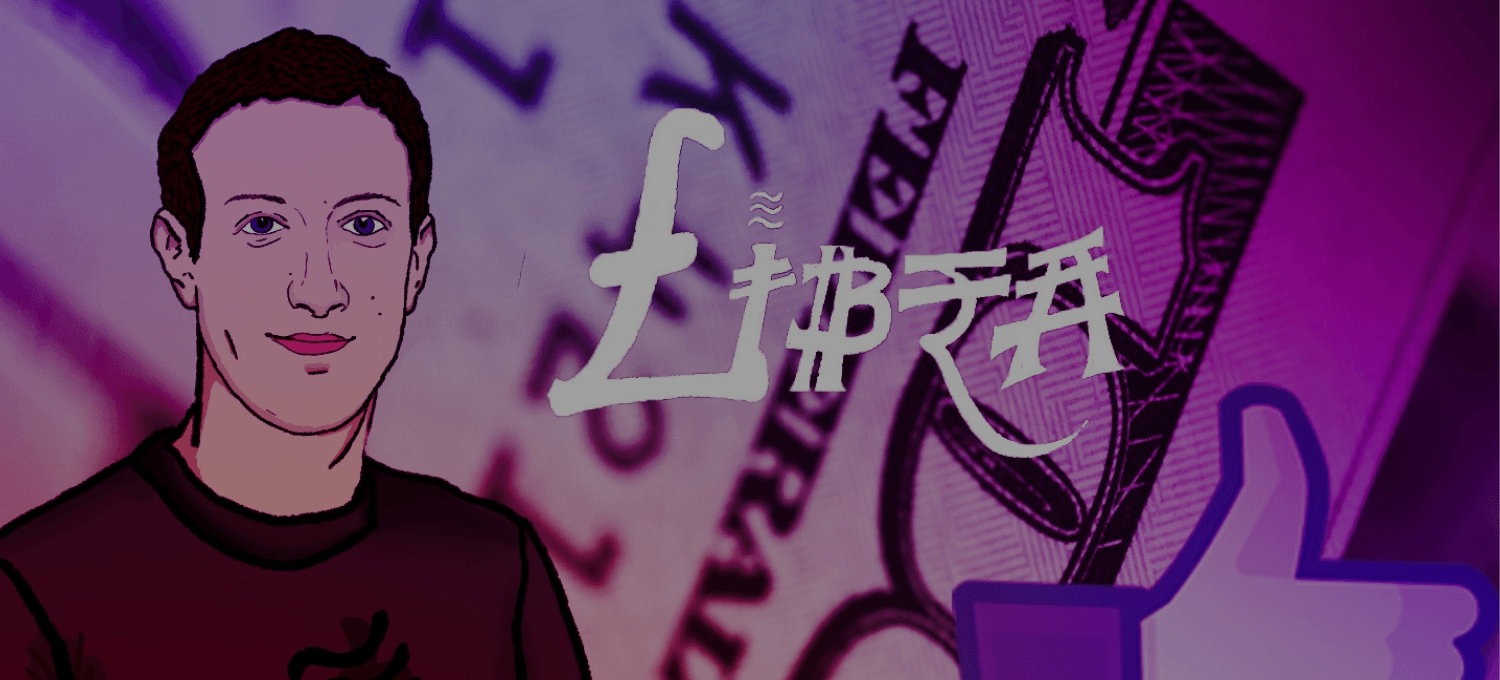Whether you use Facebook or not, chances are you are going to use its service “Libra” soon for your transactions. Libra is a cryptocurrency recently introduced by Facebook, which mainly focuses on making stable transactions and is accessible to people of all backgrounds. Business insider in 2017 reported that 2 billion people around the globe don’t have a bank account. Libra aims to change that.
The coin is governed by the Libra association, which comprises of 28 conglomerates which includes Facebook as a member. There are currently 29 members in the Libra association, which includes MasterCard, Visa, PayPal, Uber, Vodafone, eBay, and more. The Libra association hopes to have 100 members before the currency is launched and any company has to pay a minimum of $10 million to have a vote in the association as a member.
Libra’s primary goal is to provide a platform for people with no bank account or just a place for people to use the benefits of blockchain for easier (convenient) transactions. Libra is advertised to be open source and free for all to use. Libra can be used from Libra wallets made by Facebook and a lot of third party providers to choose from.
What is so different about Libra?
Like any other cryptocurrency, Libra maintains a record of every transaction, which is managed by the association. Libra is said to have a stable value as compared to other cryptocurrencies like Bitcoin or Etheurium, which are volatile. Libra can have a stable value as the Libra association takes the money and puts/invests it in an entity which is known to hold its price constant.
The Law
Major governments across the world are skeptical about Libra and have put Facebook under scrutiny concerning the coin. This is mainly due to the recent controversy that Facebook has been caught in regarding users privacy. It appears that major governments don’t trust Facebook at all, let alone trust them with the citizen’s money
Libra in the real world
Initially, Libra will be accessible through Facebook messenger, WhatsApp, and a few other platforms which are a part of the Libra association. Then in the future, Libra will be open to third party organizations which can make independent wallets for the coin. The Libra association also plans to set up ATM like machines for Libra users to manage their coins if they do not have steady access to the internet.
What about privacy?
Facebook has taken a lot of heat regarding privacy concerns from the public, and trust of the people is clearly not on their side. But Facebook believes that they will gain that trust back.
A Facebook employee said, “Our first goal is to create utility and adoption, enabling people around the world — especially the unbanked and underbanked — to take part in the financial ecosystem.” “People will not buy it to hold like they would a stock or a bond, expecting it to pay income or increase in value,” He said. “Instead, Libra is like cash. People will use it to send money to family members in other countries, for example, or to make purchases.”
Summing-up
The Libra association has made it clear that they won’t launch Libra until they fully comply with the governments and gain a bit of the public’s trust. Amongst trust, Libra faces a bunch of other challenges. Similar services are already available in developing countries, for which Libra is primarily intended.
If done well, Libra can be the superior system for transactions, but among the setbacks, only time will tell if the coin is going to be mainstream.
